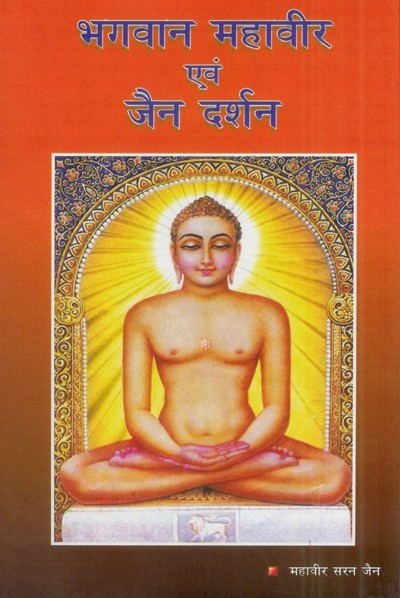Righteousness in general means sense of justice or morality. In Hinduism, Buddhism and Jainism Dharma is a key concept of righteousness with multiple meanings. In Hinduism, the Manu Saṁhita (मनु संहिता) spells out the laws of conduct and calls them righteousness to stick to them. In Gita, Lord Krishna tells Arjun that “for the protection of good, for the destruction of the wicked, and for the establishment of righteousness, I am born in every age.” (Gita, 4/ 7-8).
In Buddhism, Dharma or righteousness has a twofold meaning: (a) The treasured words of Buddha (b) the moral of the Universe as applied to humans.
In Jainism, Dharma or righteousness also has a twofold meaning:
- Faith for the nine substances and knowledge through scriptural knowledge.
- The practice of vows, carefulness, and freedom from passions and dissociation from karmic bondage.
Philosophically, this is the right meaning of righteousness. Because of this, the soul gradually starts purifying itself. In this way, righteousness is related to the path of the self-realization.
In the stage of sayogī kevalī, the right knowledge and right faith are fully attained. The aspirant attains omniscience. He experiences the pure form of the soul.
Forgetting the ones self and understanding other self as a one’s own self is the non-righteousness. The right faith in the distinction between soul and non-soul emerges from righteousness. A true regard emerges regarding distinction between soul and non-soul. Some scriptures have termed the right knowledge of these nine substances—jiva-ajīva, āsrava-saṁvara, puṇya-pāpa, baṅdha-nirjarā, and mokṣa—as the righteousness. In fact, knowing the soul and non-soul from point of view of righteousness, being free from doubt, delusion and illusion is the right knowledge. The other substances apart from jiva-ajīva are only the different transformed stages of the soul.
From point of view of righteousness this soul is different and body is different from it.
अन्नं इमं सरीरं, अन्नो जीवु त्ति निच्छियमईओ।
Annaṁ imaṁ śarīraṁ, anno jivu tti nicchiyamaīo.
अन्यदिदं शरीरं, अन्यो जीव इति निश्चयमतिकः।
(Samaṇa Suttam, 79)
 Dr. Mahavir Saran Jain
Dr. Mahavir Saran Jain
